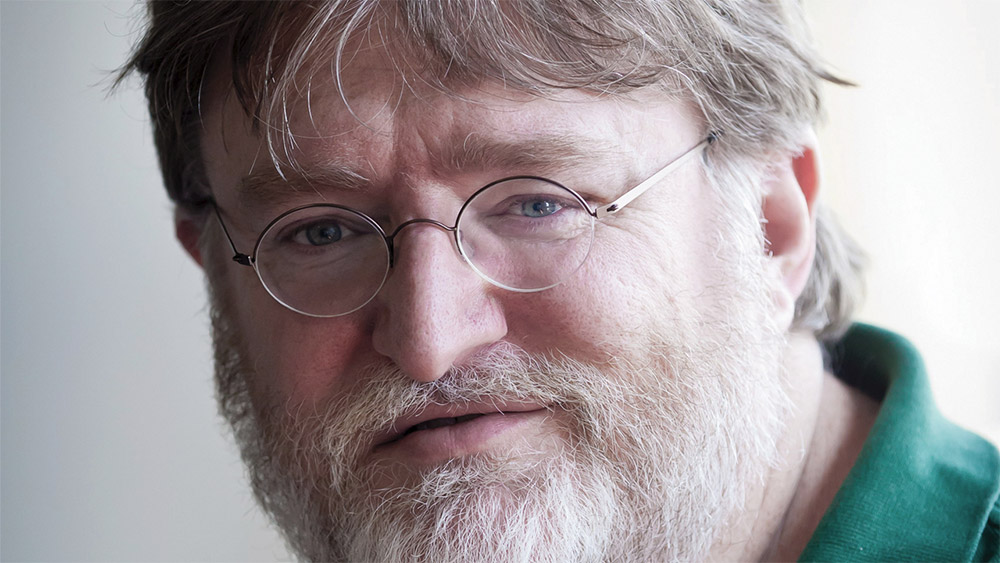Poor Gabe Newell. It seems he can't go five minutes without someone emailing him asking about Valve's stance on exclusive games. We should know it by now: it doesn't like it. Still, it does seem like each time he opens up about it, Newell tells us a little more. In the latest chat, he related how Valve does provide development funds, it just doesn't lock developers down.
Oculus has been losing goodwill by the bucketload in recent weeks. While the delays on its hardware releases and a less than glowing review cycle haven't helped, the biggest stink was drummed up by the way it's been locking games behind an exclusivity wall. That means those with HTC Vive headsets can't play them – unless they use a workaround, which Oculus has gone to some effort to disable.
It does that it claims, because it's funded the development of the games, whether partially or entirely and it wants to get its investment back. Well it turns out Valve funds games too, it just doesn't have any strings attached when it does.
“We don't think exclusives are a good idea for customers or developers,” said Newell in response to Redditor elpollodiablo187. “A lot of the interesting VR work is being done by new developers. There is a triple-risk whammy – a new developer, creating new game mechanics on a new platform. We're in a much better position to absorb financial risk than a new VR developer, so we are happy to offset that giving developers development funds (essentially pre-paid Steam revenue).”
“There are no strings attached to those funds – they can develop for the Rift, or PlayStation VR or whatever the developers thinks are the right target VR systems. Our hope is that by providing that funding that developers will be less likely to take on deals that require them to be exclusive.”
It's hard to argue with that. While you could suggest that Newell's wording was loose enough that “pre-paid Steam revenue,” could mean that when Steam sales start coming in, Valve would hold back on payments until the original investment has been recouped, that seems unlikely.
The wording of Newell's response is very clear: exclusivity is bad, selling games is good and Valve wants as many games to sell on as many platforms as possible. All of it helps build VR, so why would you do any different?
KitGuru Says: Why indeed, Oculus/Facebook?
 KitGuru KitGuru.net – Tech News | Hardware News | Hardware Reviews | IOS | Mobile | Gaming | Graphics Cards
KitGuru KitGuru.net – Tech News | Hardware News | Hardware Reviews | IOS | Mobile | Gaming | Graphics Cards




But Valve doesn’t need to have strings attached. You create an indie and where would you go to sell it. Origin? Uplay? No, Steam. And so 90% of the developers would end up using Steam anyway and Valve probably waivers the publishing costs for these devs to sweeten the package. But at the same time, these devs don’t really have anywhere else to go.
Gog has a healthly Indie gathering. Also, the Humble bundle store.
Valve gives developers funds that are “essantially pre-paid Steam revenue”.. how is that no strings attached? That means they have to publish on Steam.
Not saying they don’t, but the first place you go to is Steam, and no one is going to be looking for VR games on GOG or Humble Bundle.
Not exactly strings attached, but a wise investment decision under the circumstances since Steam is one of the few major platforms to cater to this sort of product.
There are quite a few of us that go to Gog first when looking for games and if we knew they hosted VR titles then we would look there too.
I’m not talking about a few, a few is no good for devs wanting to target as many people as possible for as little as possible and Steam is without a doubt the place to do that.